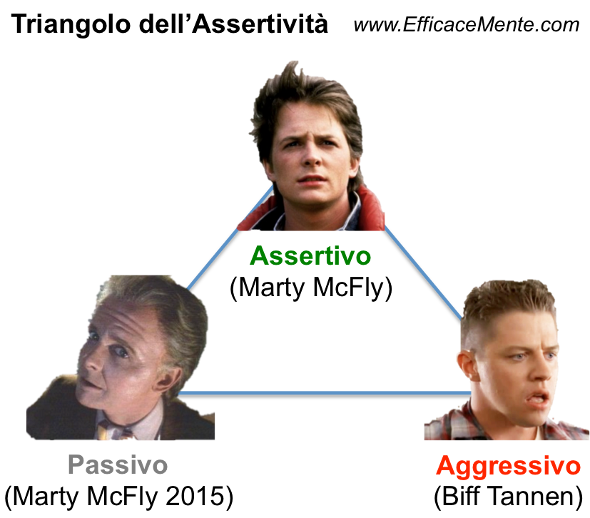People with better skills tend to suffer from impostor syndrome. They fear that at some point it will become clear that they are not as great as they seem.

Last update: June 29, 2022
Imposter syndrome is a common phenomenon. Having the perception of not deserving the position one holds or certain awards is a recurring psychological reality. Feeding this belief causes stress and anxiety disorders.
Why does a good person view themselves so negatively? This psychological phenomenon has decades of research behind it. We know, for example, that it tends to appear more often in women. Underlying factors are often such factors as perfectionism or low self-esteem.
Although this reality does not appear in any diagnostic manual or is considered a clinical entity in itself, it is very common. On top of that, ever since clinical psychologists Pauline Clance and Suzanne Imes described her in 1978, there is no shortage of experts who diagnose it. 7 out of 10 people at any given time suffer from it.
Characteristics of the impostor syndrome
Thinking that there are people who have achieved business success, but who nevertheless do not believe they deserve it can be difficult to understand. However, it is study published in the Journal of Behavioral Science indicates that about 30% of successful people suffer from it.
Given the degree of affectation and social impact, it is necessary to make this reality much more visible. To begin with, the impostor syndrome can be defined as the emotional distress related to the belief that they do not deserve a position or professional recognition. It can be experienced by artists, writers, scientists, engineers, or anyone with expertise in a certain area.
This self-perception can have very negative consequences. For example, we might have a highly skilled person who thinks they got a job out of sheer luck. The constant feeling of not being deserving leads her to accept even lower salaries.
How does the impostor syndrome manifest itself?
- Difficulty recognizing one's own results. If they get a prize in a photo contest, they'll think only two or three people have participated in it, so it's not of great value.
- Have continuous doubts about himself, about what he is worth, about his abilities, etc.
- Attributing success to external factors.
- The expectations are so high that it is impossible to meet them.
- Continuously sabotaging oneself through a very critical, negative and fatalistic inner dialogue.
- Feeling emotions such as shame, insecurity, restlessness, anxiety, etc.
Causes that explain this phenomenon
Multiple factors explain the impostor syndrome, but the main cause is low self-esteem. Often low self-appreciation leads to an altered idea. In addition to this factor, there are also:
- Excessive perfectionism. Their expectations are so high that even if they reach 99,9% of them, they will still feel like a failure.
- Very rigorous education. Growing up in an environment where the only way to receive affection was to show one's worth can subject people to the eternal feeling of not trying hard enough.
- The study published in the Journal of Multicultural Counseling and Development points to interesting data. Imposter syndrome occurs very often among social and ethnic minorities. It is enough to belong to another culture, nationality or sex to have stereotyped and negative beliefs about one's competences.
This is often the case with women who work in science. The predominance of men leads them to self-doubt or feel the need to work harder to prove themselves.
Strategies for reducing the impostor syndrome
We already know that the impostor syndrome appears with high frequency and this has a cost. The person rarely progresses and may even develop a mood disorder. What strategies exist to reduce or manage these situations?
- Stop comparing yourself with others and start appreciating and recognizing your achievements.
- Identify and disable irrational fears. Fearing that others find that we don't live up to their expectations makes no sense or use, let alone truthfulness. Rationalizing and detecting false thinking errors is the first step.
- It is advisable to share your feelings with other people. It is always good to express these fears aloud so that others can help us notice that they are invalid.
- It is necessary to remember the successes obtained and the awards won to understand that one is not as fallible as one thinks.
- Help or train other people. Sharing knowledge, skills and teachings is a great way to find out how much you can give to others. This strengthens self-esteem.
Conclusions
The impostor syndrome is not a clinical category or a psychological disorder, yet it is a phenomenon that greatly limits personal growth and development. NWe do not hesitate to ask for help if we need it.


























